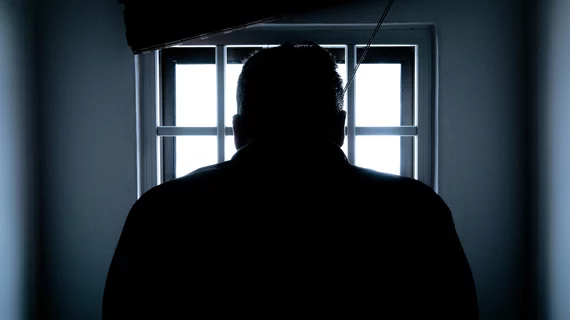Man gets 9 years in jail for attacking cardiologist with champagne bottle
Liam Whelan, a 43-year-old man who viciously attacked a cardiologist, has been sentenced to nine and a half years in jail. Whelan struck the cardiologist with a champagne bottle at his home after the two met at a pub in Dublin in August 2023. He then robbed the victim, mocking him as he went in and out of consciousness, and left him for dead.
The Irish Independent provided a detailed report of the attack, noting that the cardiologist suffered multiple fractures, had to have a blood clot removed from his skull and was left with permanent hearing loss in one ear in addition to “severe and crippling depression.” The cardiologist also missed roughly six months of work as he recovered from his injuries.
“I am a paper-thin version of the person I was,” the cardiologist said, according to a statement read during Whelan’s trial. “I will never understand how someone I was having a lovely time with refused to call an ambulance, laughed at me and allowed me to fall back into a pool of my own blood.”
Whelan was apprehended in January after being identified on surveillance footage. He pleaded not guilty and maintained that he had acted out of self-defense. He had 63 previous convictions at the time of his arrest, including charged related to selling drugs and handling stolen properly. Whelan’s legal team said he was homeless at the time of the attack and going through an especially hard time of his life.
Click the link below to read the full report from the Irish Independent:

